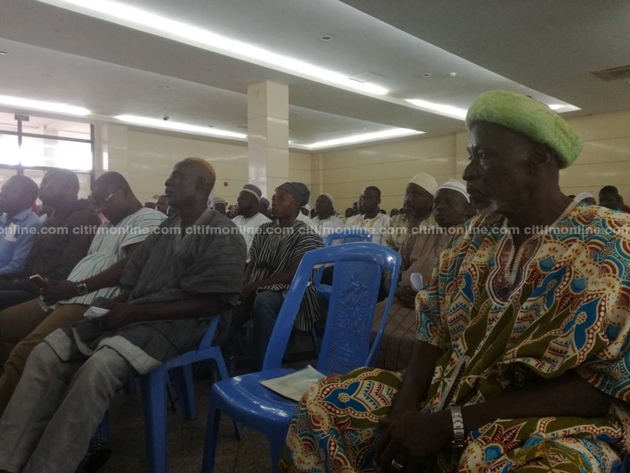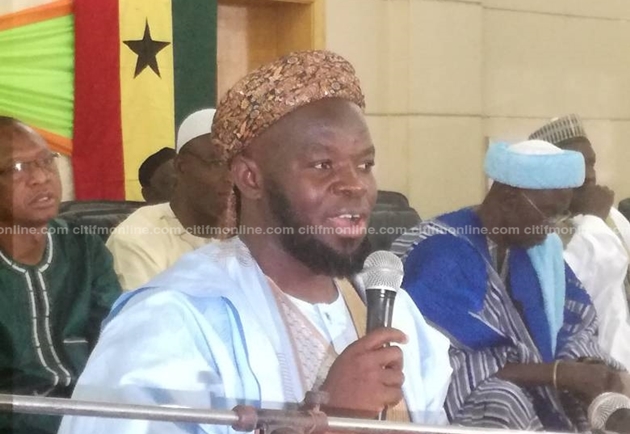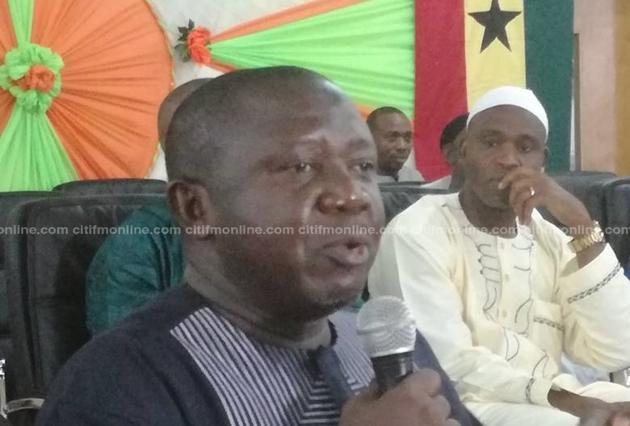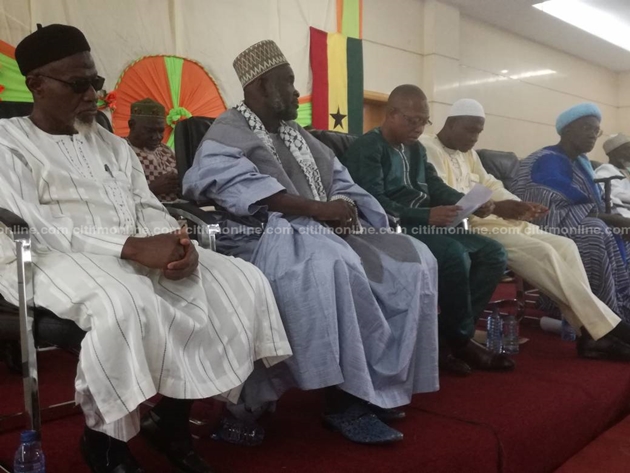The United Nations Population Fund (UNFPA) in collaboration with the Bamba Islamic Institute Ghana (BII-Ghana), in Tamale has officially launched a program to strengthen its Sustainable Development Goals program.
The program was launched on the theme, “Promoting Community Development: The Role of the Muslim Clerics.”
It seeks to communicate ideas that will inspire, inform and motivate Muslim Clerics to join forces with development partners to transform their communities.
The spiritual leader of Masjid Qudwa who doubles as Chief Executive Officer of the Bamba Islamic Institute Ghana (BII-Ghana), Sheikh Amin Bamba decried the alarming rate of illiteracy in Muslim communities and called for a paradigm shift.
He maintained that illiteracy remained the cause of Muslim communities’ underdevelopment which required a multifaceted approach to overturn the situation.
“The key factor that has slowed down the pace of development of Ghanaian Muslims is high rate of illiteracy. Illiteracy has denied and continues to deny majority of our people critical information that they require to make informed economic, social and political decisions to improve their livelihood.”
“It is, therefore, logical to suggest that the appropriate strategy to address the illiteracy challenge is to use the United Nations’ concept of ‘partnership for the goals to package either relevant information or educational programs that can be delivered to the people through their religious and traditional representatives,” he stressed.
The renowned Muslim Cleric, Sheikh Bamba appreciated the role of the Christian Council of Ghana and the Catholic Bishops Conference contribution to nation building.
“The Muslim leadership, on the other hand, has not as a group made that much contribution largely due to inadequate capacity.”
He reaffirmed the BII-Ghana’s commitment to initiate capacity building workshops that will empower traditional and religious leaders to actively partake in decision-making processes.
Head of the UNFPA decentralised office in Tamale, Mammah Tenii underscored the need to bridge the development gap between northern and southern Ghana.
“There is no doubt that there is development gap between the Savannah zone and the remaining portions of the country. All indices of development point to this fact. Per the core principle of the SDGs, Northern Ghana cannot afford to be left behind.”
According to him, the 2010 Population and Housing Census report indicated that Muslims constituted 17.6 percent of Ghana’s total population and that Northern Region recorded a chunk of it.
“The UNFPA is convinced that actively engaging community leaders including religious and traditional authority will pave the way for increased support for reproductive health and family planning,” Mr. Tenii noted.
He appealed to other development partners to augment the UNFPA’s Sustainable Development Goals agenda.
The event brought together Muslim Clerics from all the sects in the Northern Region.
–
By: Abdul Karim Naatogmah/citifmonline.com/Ghana





